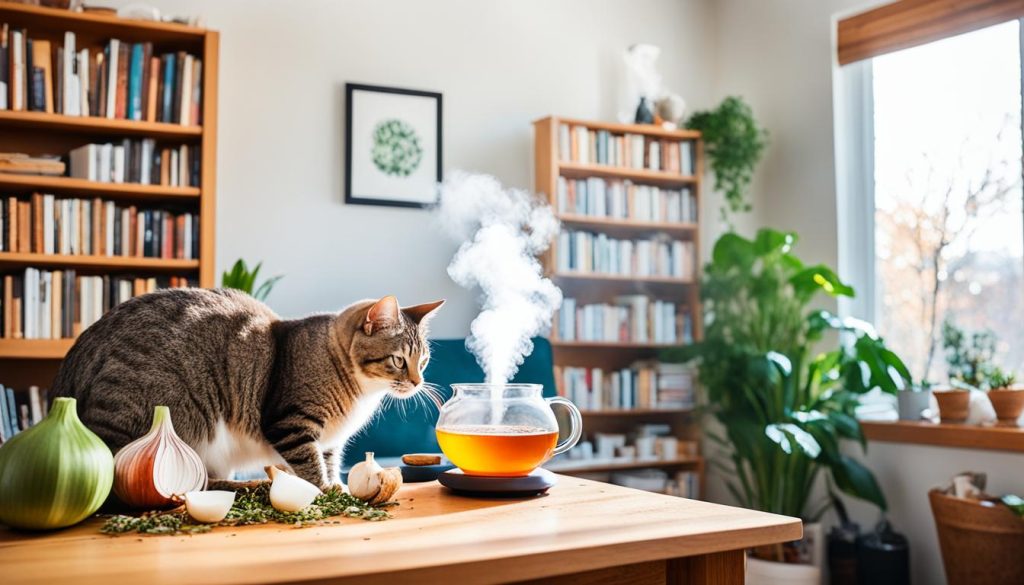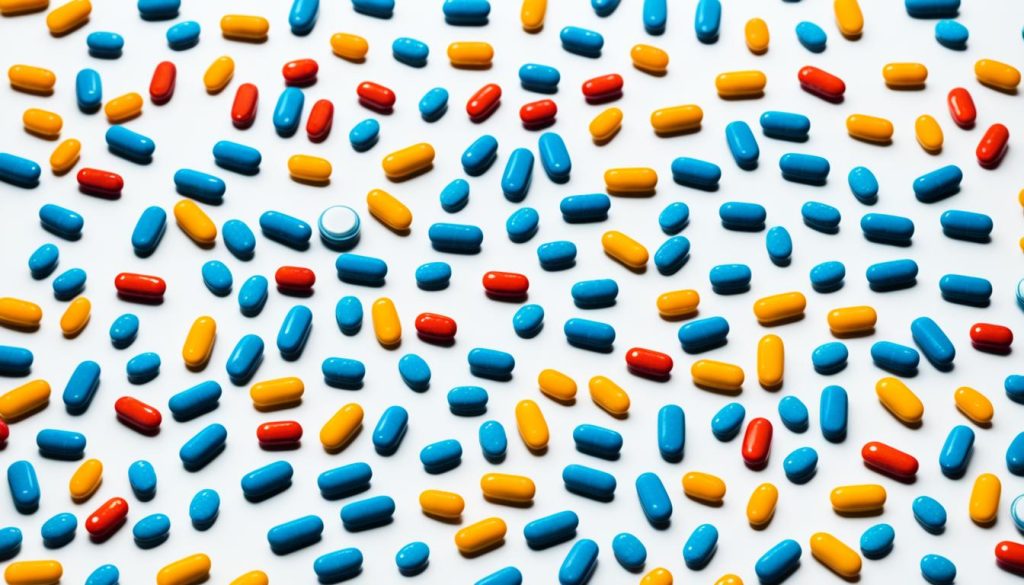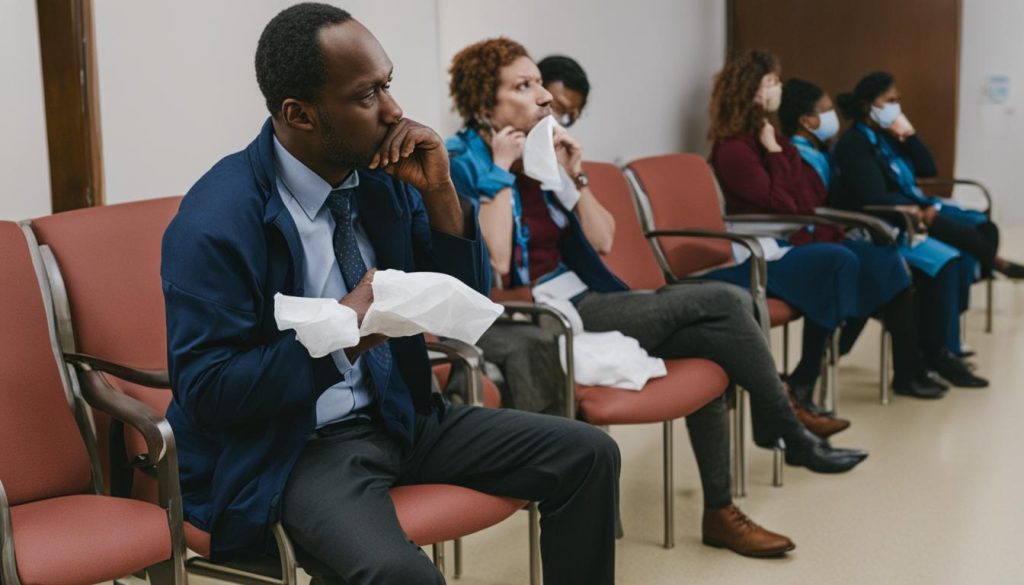Are you struggling with excess phlegm and wondering how to get rid of it? Excess mucus can be uncomfortable and disruptive, often caused by infections, allergies, or smoking. Finding relief is essential for improving your respiratory health and overall well-being.
In this guide on “How to Get Rid of Phlegm,” we’ll explore effective remedies and strategies to help you manage and eliminate excess mucus. From natural remedies like staying hydrated and using a humidifier to medicinal options such as over-the-counter expectorants, we’ll cover various approaches to tackling phlegm.
Understanding the underlying causes, such as infections or allergies, is key to finding the right solution for you. Whether you’re looking for quick relief or long-term management, this guide will provide you with the information you need to address your phlegm and breathe easier.
Causes of Phlegm
Phlegm can be caused by various factors, including infections, allergies, smoking, and acid reflux. Let’s take a closer look at each of these causes:
Infections
Infections such as colds or respiratory infections can trigger the production of excess mucus as a defensive response by the body. When the respiratory system detects the presence of an infection, it produces mucus to help trap and eliminate the pathogens, resulting in phlegm.
Allergies
Allergies, whether seasonal or due to specific triggers, can also lead to excess mucus production. When the body encounters an allergen, such as pollen or pet dander, it releases histamines that cause the nasal passages and airways to become inflamed. This inflammation triggers the production of mucus, resulting in phlegm.
Smoking
Smoking cigarettes and exposure to secondhand smoke can irritate the respiratory system and lead to increased mucus production. The chemicals in cigarettes irritate the airways, causing inflammation and excess mucus. This can result in chronic coughing and phlegm production.
Acid Reflux
Acid reflux, also known as gastroesophageal reflux disease (GERD), occurs when stomach acid flows back into the esophagus. This can irritate the throat and trigger mucus production as a protective mechanism. The excess mucus can then result in phlegm.
Identifying and addressing the underlying cause of phlegm is essential for effective management and relief. By understanding the specific cause, individuals can take appropriate steps to reduce mucus production and alleviate symptoms.

Complications and Conditions Related to Phlegm
In some cases, excess phlegm can be associated with other conditions and complications. Sinus infections, severe allergies, chronic bronchitis, and cystic fibrosis are some of the conditions that may cause increased mucus production and respiratory symptoms. Managing these conditions and treating the underlying causes of phlegm can help alleviate symptoms and improve overall respiratory health.
Sinus Infections
Sinus infections, or sinusitis, occur when the sinuses become inflamed, leading to excessive mucus production. This can result in symptoms such as nasal congestion, postnasal drip, and facial pressure or pain. Sinus infections are often caused by a viral or bacterial infection, and treatment may involve antibiotics, nasal decongestants, and saline nasal irrigation.
Severe Allergies
Severe allergies can trigger an immune response that causes inflammation in the respiratory system, leading to increased mucus production. This can result in symptoms such as coughing, sneezing, and congestion. Managing allergies through avoidance of allergens, medication, and allergy shots can help reduce excessive mucus production.
Chronic Bronchitis
Chronic bronchitis is a long-term condition characterized by inflammation of the bronchial tubes, leading to persistent coughing and increased mucus production. It is often caused by smoking or exposure to irritants and pollutants. Treatment may involve bronchodilators, inhaled corticosteroids, and pulmonary rehabilitation to improve lung function and reduce mucus production.
Cystic Fibrosis
Cystic fibrosis is a genetic disorder that affects the lungs and other organs, leading to the production of thick, sticky mucus. This can cause respiratory symptoms such as severe coughing, wheezing, and recurrent lung infections. Treatment for cystic fibrosis involves a multidisciplinary approach, including airway clearance techniques, medications, and lifestyle management.
| Condition | Symptoms | Treatment |
|---|---|---|
| Sinus Infections | Nasal congestion, facial pain, postnasal drip | Antibiotics, decongestants, nasal irrigation |
| Severe Allergies | Coughing, sneezing, congestion | Allergy medication, avoidance of allergens, allergy shots |
| Chronic Bronchitis | Persistent cough, increased mucus production | Bronchodilators, inhaled corticosteroids, pulmonary rehabilitation |
| Cystic Fibrosis | Coughing, wheezing, recurrent lung infections | Airway clearance techniques, medications, lifestyle management |
How to Get Rid of Phlegm?
Home Remedies for Phlegm Relief
If you’re looking for natural ways to get rid of phlegm, there are several home remedies that can help provide relief. By incorporating these remedies into your daily routine, you can manage and eliminate excess phlegm without the need for medication. Here are some effective home remedies for phlegm relief:
1. Drink Plenty of Fluids
Staying hydrated is crucial in thinning out mucus and facilitating its removal from the body. Drinking plenty of fluids, especially warm liquids like herbal tea or warm water with lemon, can help moisten and soothe the throat, making it easier to expel phlegm.
2. Use a Humidifier
Using a humidifier can add moisture to the air, reducing nasal congestion and making it easier to breathe. The humidified air helps to thin and loosen phlegm, allowing for easier expectoration. Place a humidifier in your bedroom or living room to create a more comfortable environment.
3. Gargle with Salt Water
Gargling with salt water is an effective way to soothe the throat and reduce phlegm. Dissolve half a teaspoon of salt in warm water, gargle for 30 seconds, and then spit out. The saltwater helps to break down excess mucus and relieve throat irritation.
4. Use Eucalyptus Oil
Eucalyptus oil is a natural decongestant and expectorant, making it a great remedy for phlegm relief. Add a few drops of eucalyptus oil to a diffuser or inhale the steam by adding a few drops to a bowl of hot water. The eucalyptus vapors help to clear the chest, relieve coughing, and promote easier breathing.
By incorporating these home remedies into your daily routine, you can effectively manage and eliminate excess phlegm naturally. Remember to consult a doctor if your symptoms persist or worsen to rule out any underlying conditions.
| Home Remedies for Phlegm Relief | |
|---|---|
| Drink plenty of fluids | Staying hydrated helps to thin out mucus and facilitate its removal from the body. |
| Use a humidifier | Moisturize the air and reduce nasal congestion with a humidifier. |
| Gargle with salt water | Soothe the throat and reduce phlegm by gargling with a saltwater solution. |
| Use eucalyptus oil | Eucalyptus oil acts as a natural decongestant and expectorant to relieve phlegm and promote easier breathing. |

Medications for Phlegm Relief
When it comes to managing and reducing phlegm, medications can play a crucial role. Both over-the-counter and prescription medications are available to help alleviate symptoms and promote recovery. One popular type of medication used for phlegm relief is expectorants.
Expectorants such as guaifenesin are commonly used to thin mucus and aid in its removal from the airways. By reducing the viscosity of the mucus, expectorants make it easier for the body to expel phlegm through coughing or clearing the throat.
Guaifenesin is available in tablet and liquid form, making it convenient for individuals to choose the option that suits them best. Moreover, expectorants like guaifenesin are readily available over the counter, allowing individuals to access relief without a prescription.
However, it is important to note that while these medications can be effective, it is crucial to follow the recommended dosage provided by the manufacturer or healthcare professional. Taking more than the recommended dosage can lead to adverse effects and may not provide additional relief.
If symptoms persist or worsen despite the use of over-the-counter medications, it is advisable to consult a healthcare professional. They can provide further guidance, assess the underlying cause of the phlegm, and recommend appropriate prescription medications if necessary.

Benefits of Medications for Phlegm Relief:
- Facilitate the thinning of mucus
- Promote expulsion of phlegm
- Convenient over-the-counter availability
- Variety of options – tablet or liquid form
Important Considerations:
- Follow recommended dosages
- Consult a healthcare professional if symptoms persist or worsen
When to Seek Medical Attention?
In most cases, phlegm and mucus are not a cause for concern. However, there are certain signs and symptoms that warrant a visit to a doctor. If you experience any of the following, it is important to seek medical attention:
- Persistent phlegm that lasts for more than 10 days.
- A cough that lingers and doesn’t improve within 10 days.
- Nasal discharge with an unpleasant smell.
- The presence of yellow or white spots on the throat.
These symptoms may indicate a more serious underlying condition that requires further evaluation and treatment. It is always better to consult a healthcare professional for proper diagnosis and appropriate management.

| Symptoms | Possible Causes |
|---|---|
| Persistent phlegm (lasting more than 10 days) | Prolonged respiratory infection, bronchitis, pneumonia |
| Cough lasting more than 10 days | Bronchitis, whooping cough, asthma |
| Nasal discharge with an unpleasant smell | Sinus infection, sinusitis, nasal polyps |
| Yellow or white spots on the throat | Tonsillitis, strep throat, oral thrush |
Conclusion
Managing and getting rid of phlegm can be a discomforting experience, but with the right approach, relief is possible. Home remedies like staying hydrated, using a humidifier, and gargling with salt water are effective in alleviating symptoms and reducing phlegm. Additionally, over-the-counter medications and prescription drugs can play a vital role in the reduction and elimination of phlegm.
It is essential to consult a doctor if symptoms persist or worsen, as they can provide medical guidance and prescribe appropriate treatment. By taking proactive steps and following a comprehensive approach, individuals can effectively manage phlegm and improve their respiratory health.
Remember, finding relief from phlegm requires patience and persistence. By incorporating these strategies into your daily routine, you can successfully manage phlegm, leading to a more comfortable and healthier life.
FAQs
What are some home remedies for phlegm relief?
Home remedies for phlegm relief include drinking plenty of fluids, using a humidifier, gargling with salt water, and using eucalyptus oil.
Are there any medications that can help reduce phlegm?
Yes, over-the-counter and prescription medications like expectorants (guaifenesin) can help in managing and reducing phlegm.
How can I manage and get rid of phlegm?
By following home remedies, using medications if necessary, and seeking medical attention when needed, you can effectively manage and get rid of phlegm for improved respiratory health.

